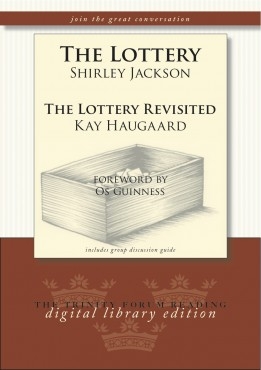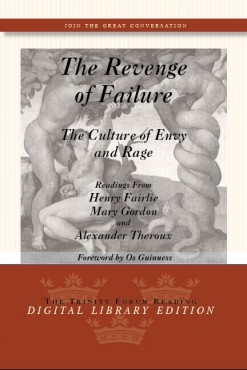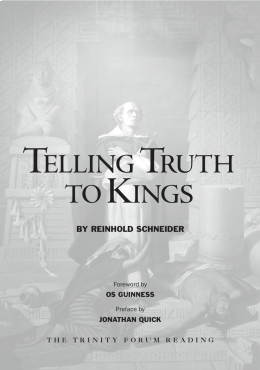In this reading, Os considers the sociological and governmental impact of the theme of ‘covenantalism’ in the formation of the US Constitution.
This value for covenant, a mutually binding civil pledge, was integral to ancient Jewish culture, was born out of the Mosaic Covenant established at Mt Sinai, and was expressed nearly three millennia later in 1517 at the beginning of the Reformation. Shaped by this movement in Europe, in the 18th century, a nascent United States envisaged freedom as government by the people, of the people, and for the people, as President Lincoln later described it, with direct roots in a robust understanding of covenant.
Though this reading is not currently available for purchase, similar themes of covenant and freedom are discussed to great depth in Os’ book, Last Call for Liberty, which can be ordered at Amazon.com.



